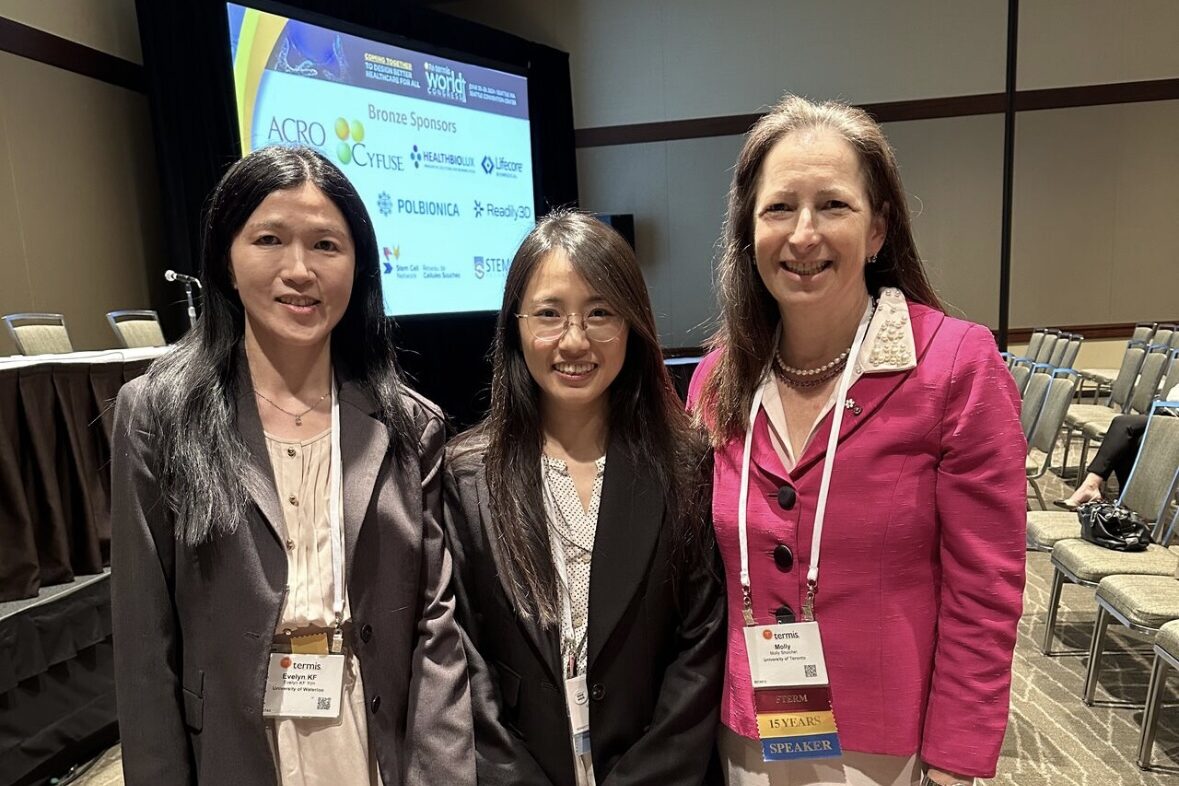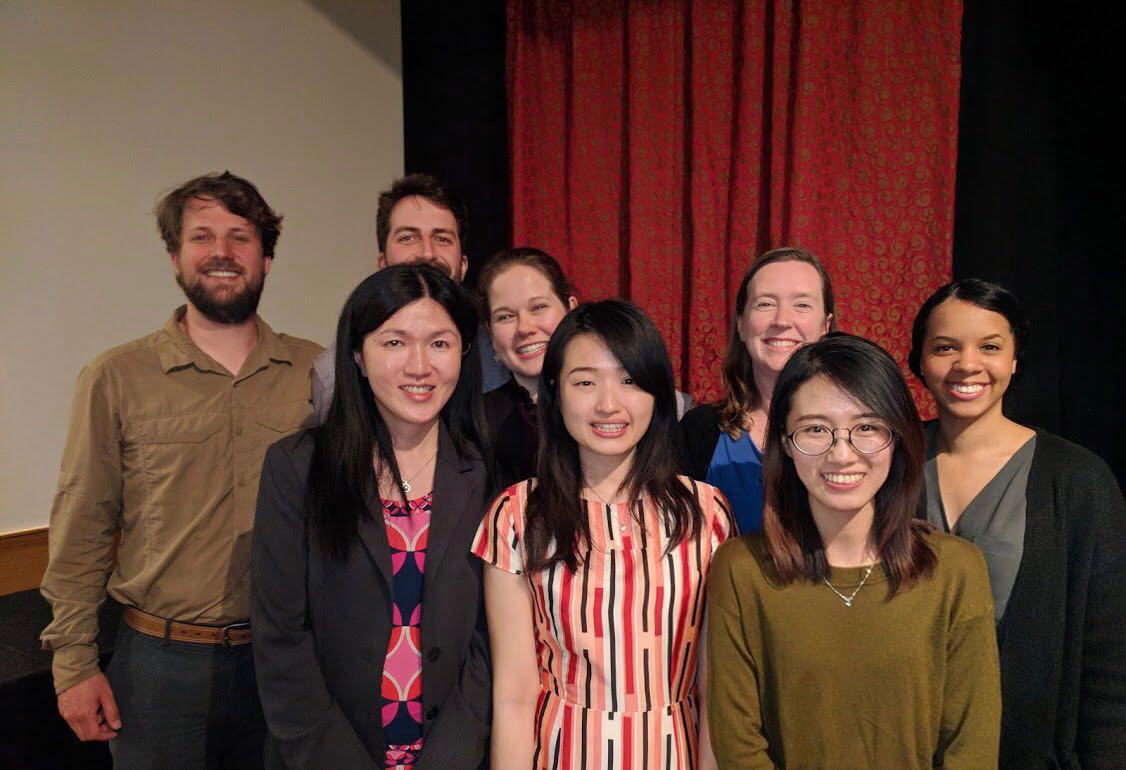
Join us in welcoming Dr. Yuan Yao, Assistant Professor in the Department of Mechanical Engineering and Division of Cardiology, Department of Medicine at UBC. Dr. Yao is the latest addition to our growing list of Principal Investigators (PIs), and her interdisciplinary interest in bioengineering approaches to regenerate vascular and cardiac tissues adds another dimension to our research efforts towards the prevention and treatment of heart disease.
What is your field of expertise?
My field of expertise is where engineering and medicine overlap. I’m primarily focused on biomaterials for soft tissue engineering, looking into diseases like coronary artery disease and myocardial infarction. My goal is to see how we can create biomaterial scaffolds, manipulating cell responses to build an engineered tissue model that we can test drugs and promote tissue regeneration with.
How did you develop your interest in bioengineering?
That’s actually a very interesting question because it’s a question I’ve been asking myself all the time. It’s kind of funny because my parents are both in biology, and when I was relatively young, I told them I would never step into biology, but now I’m here. My past training was more in the engineering, material science realm, but when I was looking into real world applications for all the materials we developed, I watched this drama called Westworld. In the beginning of that drama, there’s a robot arm printing muscle filaments. I thought it was really cool, and it gave me the idea to use our material to do something like that and make it into reality instead of just something we see in fictional movies or dramas.
What are you most looking forward to in your work at the HLI?
After joining the HLI, I realized that all of us do research in very cross-disciplinary fields. Our PIs are evenly split between being research-based and clinical-based, so the centre offers a really great opportunity not just to collaborate with others in terms of basic science, but also to translate our research into actual bedside knowledge. That clinical translation is something I look forward to working on here at the HLI.
What is one of the proudest moments of your career so far?
Well, I would say that I’m not someone who’s easily satisfied, so I would probably say that moment hasn’t come yet. I mean, it’s been a long journey since I graduated from undergrad and I’ve completed quite a number of milestones, but I just started my first independent academic position as an Assistant Professor, so there’s a lot for me to look forward to still. Maybe if you asked me 20 years later, I would have a better answer.
You answered this question very similarly to Dr. Yasir Mohamud, who is also a young researcher at the HLI. Is a forward-looking mentality crucial for anyone trying to make it in the scientific field, since it’s so competitive and difficult?
I think it’s a pretty common mentality for people in research, since we are always looking into something that is not achieved yet, so we can’t stop and settle with what we have. We need to explore further, dive deeper, and that acts as motivation for people to push their careers forward.
Unfortunately, it is common for teachers, professors, doctors, “professionals”, to be looked down upon when they are young due to a perceived lack of expertise. Have you faced any barriers in this regard? How did you overcome it?
Actually, one of the most frequent comments I’ve gotten, maybe 20-30 times in the last three months, is people see me and they say “Oh, you look like a student”. I mean, I appreciate that, I’m happy I look young, but at the same time, it means they don’t see you as an independent professor or researcher, which can be a little frustrating. But when I talk to my senior colleagues, they tell me that this is really a moment to cherish, because this is when you don’t have that big of a generation gap between you and the students. So you can be relatively closer with them and communicate better, which is a good thing.
You’ve studied and worked at universities in China, Ontario, and now British Columbia. How do you compare these different institutions?
In Canada, courses are generally more interactive and students have more opportunities to communicate with course instructors. Comparing my experience in Ontario to Vancouver, I’ve noticed that UBC has a stronger emphasis on undergraduate education. Beyond the institutions, though, the cities feel pretty different. I was told Vancouver has really good weather with milder winters, but I’ve noticed that the trade off is the all the rain we get. People in Toronto also speak a lot faster, whereas people in Vancouver are more chill and laid-back.
What do you like to do outside of work?
Right now, I feel like I don’t have much free time, but I used to like watching stand-up comedies. When you’re doing any kind of work, there will be some frustrations from time to time, so it’s important to take things easy and learn how to be light-hearted.

